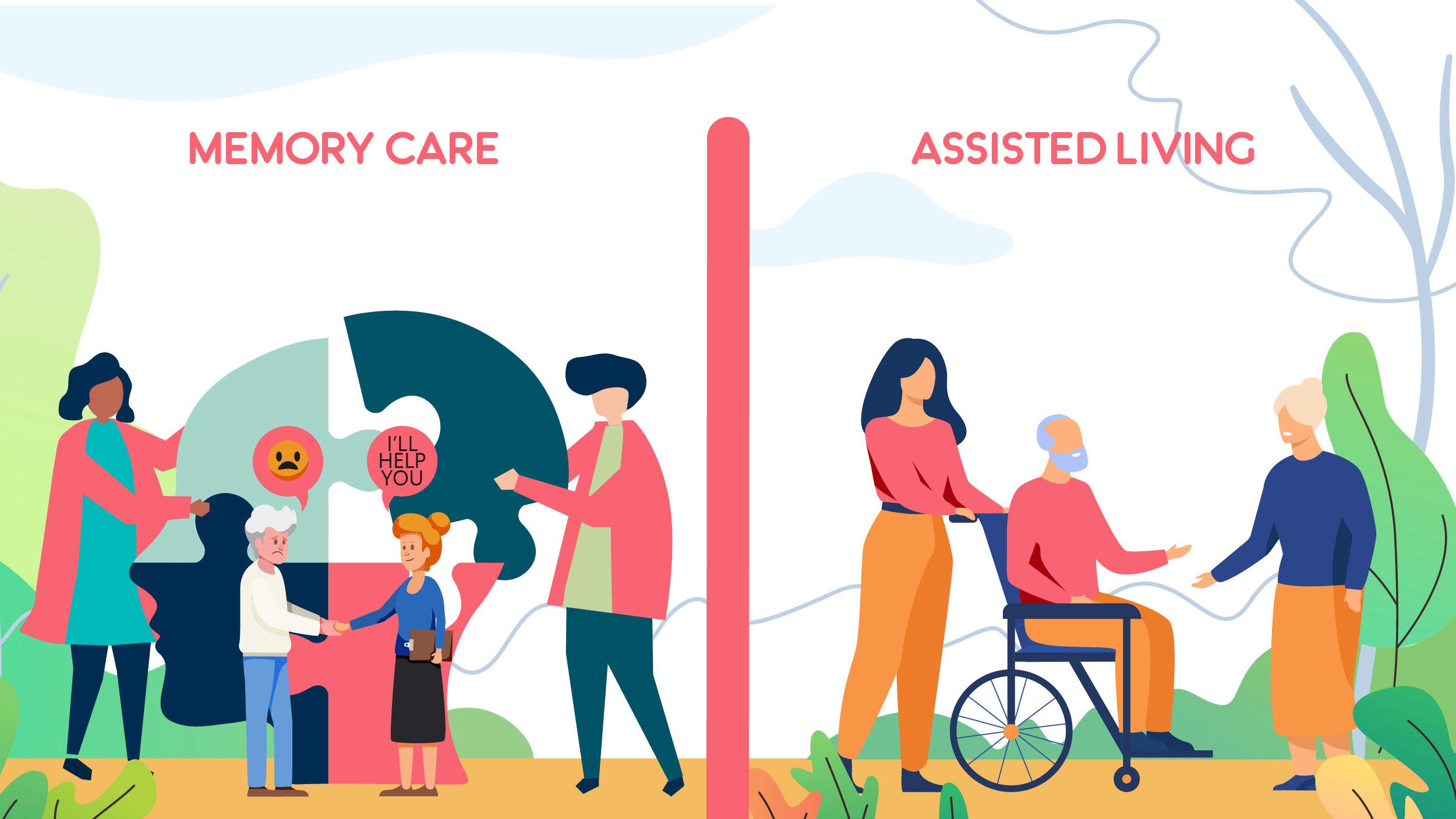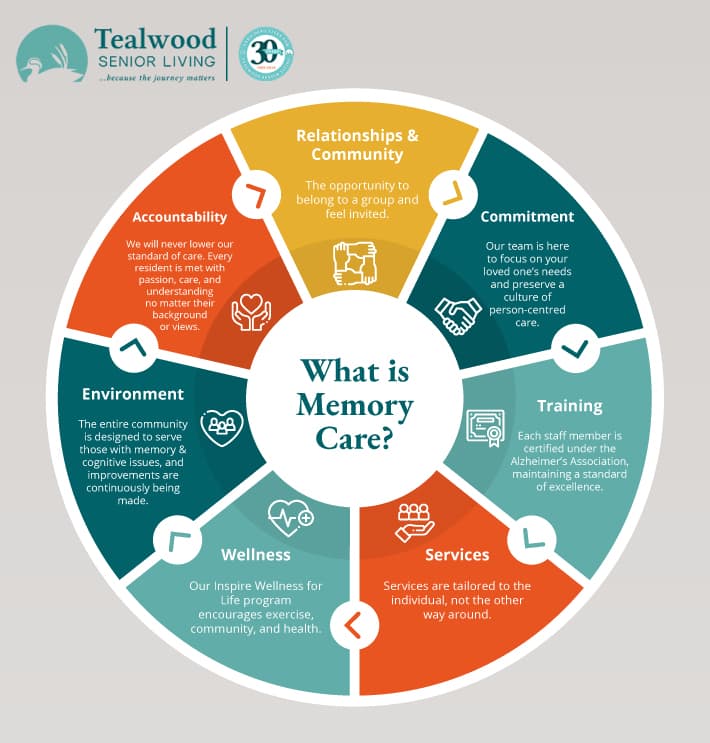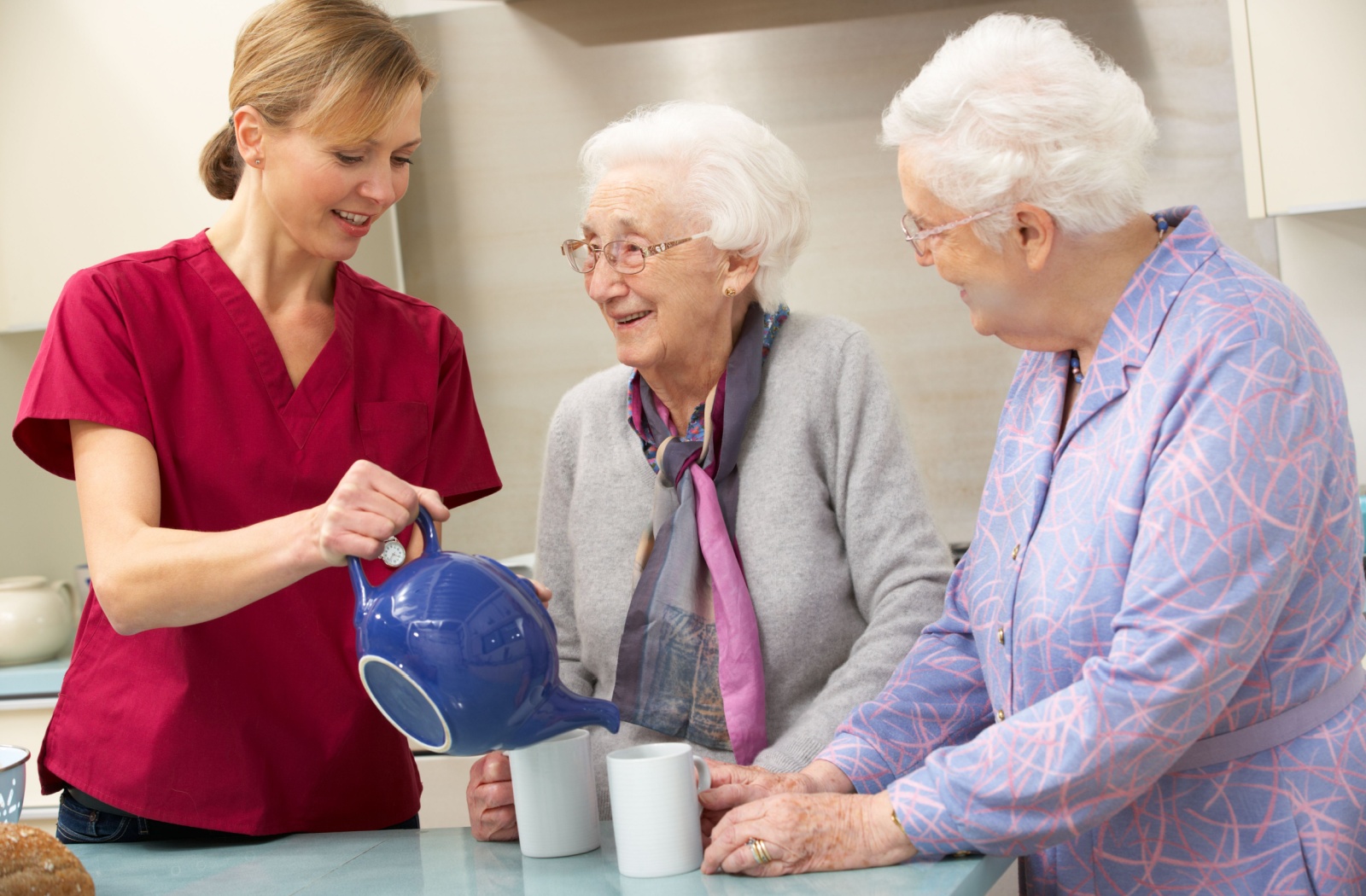Producing Safe and Comfy Spaces with Alzheimers Care Charlotte Programs
Producing Safe and Comfy Spaces with Alzheimers Care Charlotte Programs
Blog Article
Producing a Safe and Encouraging Setting for Alzheimer's Care
The development of a helpful and risk-free environment for people with Alzheimer's is paramount in enhancing their quality of life. This involves not only physical adaptations within the home, such as minimizing threats and incorporating familiar components, but additionally the application of organized regimens and significant activities that deal with their cognitive requirements. Comprehending the mental and emotional measurements of treatment can dramatically influence their sense of security and connection. Exploring these multifaceted methods can expose important understandings right into efficient caregiving approaches that might change the daily experiences of both clients and caregivers.
Understanding Alzheimer's Demands
Frequently, people with Alzheimer's condition show a variety of demands that need tailored strategies to care. As the condition advances, cognitive decline manifests in numerous methods, impacting memory, thinking, and also the capacity to execute daily activities. Caretakers need to identify these advancing demands to supply proper assistance and make certain a better of life for those impacted.
One critical element of understanding Alzheimer's needs is identifying the relevance of regular and familiarity. People commonly discover convenience in recognized patterns, which can minimize stress and anxiety and complication. Caretakers ought to make every effort to create organized day-to-day schedules that incorporate purposeful tasks aligned with the person's capacities and rate of interests.
In addition, reliable interaction is extremely important. Individuals with Alzheimer's may struggle to reveal themselves or comprehend complicated language. Caretakers ought to use simple, clear language, use non-verbal hints, and practice active listening to cultivate understanding and connection.
Caregivers need to encourage engagement in neighborhood tasks or family members gatherings, advertising a feeling of belonging and purpose. Understanding these diverse needs is vital for producing an encouraging treatment setting.
Designing a Safe Home
Developing a safe home for people with Alzheimer's illness is necessary to lessening risks and advertising freedom. Make sure that pathways are well-lit and clear, as proper illumination decreases disorientation and boosts flexibility.
Integrating flexible features is also vital. Install grab bars in washrooms and near stairways, and take into consideration using non-slip floor coverings in wet locations. Additionally, making use of contrasting colors for walls and floorings can assist in distinguishing areas, helping to minimize confusion.
Knowledge is necessary for people with Alzheimer's. Customizing the setting with familiar things and pictures can enhance a feeling of belonging and security - Alzheimers Care Charlotte. It is also beneficial to have actually a designated location for daily tasks, such as analysis or crafting, which can offer structure to their day
Finally, applying a secure outside room allows for risk-free exploration while connecting with nature. By thoughtfully designing the home environment, caregivers can dramatically enhance the lifestyle for individuals living with Alzheimer's condition.
Enhancing Interaction Abilities

Non-verbal communication, consisting of face expressions, motions, and touch, plays an important role in sharing empathy and understanding. Preserving eye get in touch with and a calm behavior can improve the comfort degree of the person, promoting a sense of security.
Additionally, it is very important to exercise active listening. This entails being fully existing, showing perseverance, and enabling the person to share themselves without disruption. Repeating may be necessary; caretakers ought to be prepared to review questions or subjects, as individuals with Alzheimer's might have a hard time with memory recall.
Furthermore, using visual help or hints, such as pictures or familiar items, can help with recognition and involvement. Ultimately, boosting communication abilities is about developing trust and producing an environment where individuals really feel heard, valued, and recognized, thereby enhancing their quality of life.
Motivating Social Communication
Cultivating meaningful social interactions can considerably boost the well-being of individuals with Alzheimer's condition. Involving with others not only aids combat feelings of isolation however additionally stimulates cognitive function and psychological wellness. Structured social activities, such as group arts, video games and crafts, or music therapy, produce possibilities for homeowners to attach with peers and caregivers, which can cause boosted state of mind and reduced anxiousness.
Producing an inviting atmosphere that motivates socializing is important. This can be accomplished by preparing communal spaces that facilitate interaction, such as comfortable seating areas or activity spaces. In addition, including acquainted and culturally pertinent activities can trigger memories and urge engagement, enabling people with Alzheimer's to really feel more connected to their past experiences.
Moreover, caregivers must view it be educated to over here identify and advertise social interaction among residents. Easy gestures, such as launching discussion or facilitating tiny team conversations, can aid people feel valued and included. Consistently set up social events need to correspond yet adaptable, fitting varying degrees of capability and rate of interest. By prioritizing social communication, we can dramatically enhance the lives of those living with Alzheimer's, cultivating a feeling of area and belonging.
Supporting Caretaker Wellness

To sustain caretakers, organizations should supply normal training and academic sources to enhance their understanding of Alzheimer's illness and caregiving techniques. Supplying accessibility to reprieve treatment services allows caretakers to take necessary breaks, minimizing stress and anxiety and exhaustion - Alzheimers Care Charlotte. Additionally, fostering a community via support groups can assist in emotional sharing and the go to this website exchange of functional suggestions amongst caretakers, creating a network of mutual support
Mental health sources, such as therapy solutions, can also be essential in attending to the psychological toll caregiving can take. By prioritizing caregiver well-being, we create an even more lasting caregiving atmosphere that not only benefits the caregivers themselves but also boosts the total top quality of treatment gotten by individuals with Alzheimer's. Ultimately, supporting caretakers is an essential component in cultivating a thoughtful and reliable treatment setting.
Conclusion
Finally, the production of a supportive and secure atmosphere for individuals with Alzheimer's is necessary to enhancing their high quality of life. By prioritizing security through thoughtful layout, fostering emotional health with familiar elements, and advertising engagement via structured regimens, caregivers can dramatically affect the overall experience of those influenced by this problem. Furthermore, sustaining caretaker well-being is crucial, as it inevitably adds to a much more compassionate and reliable care setting.
Repeating might be necessary; caretakers should be prepared to review subjects or questions, as individuals with Alzheimer's may battle with memory recall.

Report this page